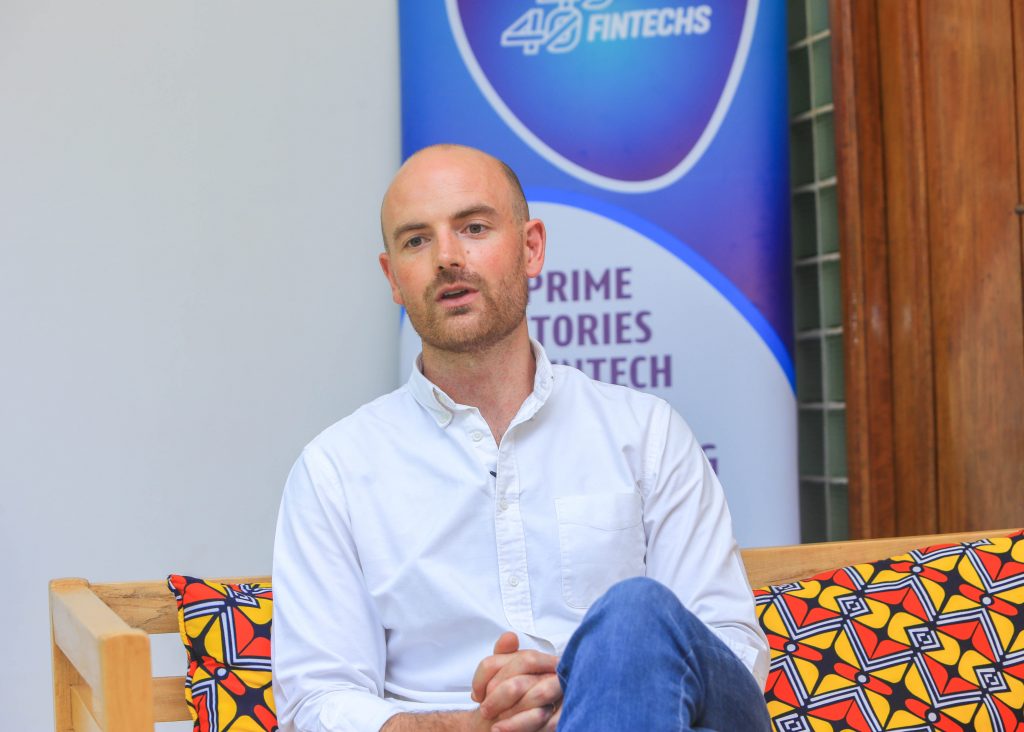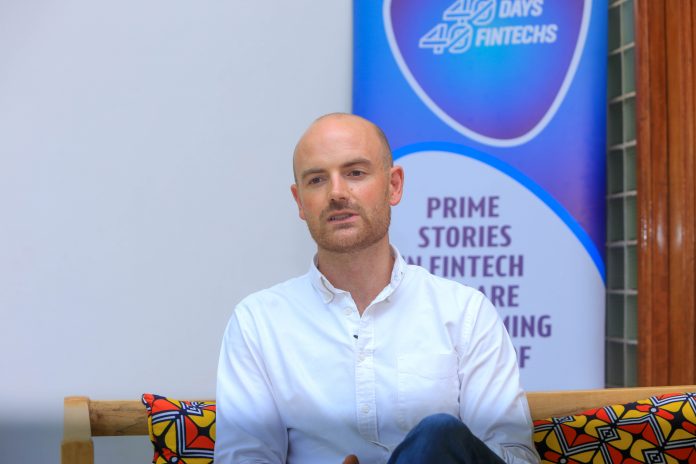By Our writer
SafeBoda, a company that started off as a ride-hailing App for Boda-Boda rides, is set to launch more products to further oil Uganda’s financial inclusion journey.
According to the company’s Vice President of Payments and Financial Services Tim Jamieson, the company will over the next 12 months continue to build its payments ecosystem, open-loop products, savings products and working capital loans, to enable more people access financial services, easily and affordably.
This as it awaits National Payments Systems (NPS) license from Bank of Uganda.
SafeBoda, which is based in Nigeria but headquartered in Uganda, started off providing ride-hailing services before expanding its service offerings to food and shop, buying airtime and payments, among others.
Jamieson says a pilot for working capital loans will soon be launched to extend credit to the firm’s merchant partners to grow their businesses.
Under this product, he says, priority will be given to female-run enterprises as a way of boosting the inclusion for women, who are the majority of the financially excluded people in the market.
Jamieson alludes that the firm’s major goal is to provide a cheap ecosystem that allows its customers to send money across networks for free and drastically reduce the cost of withdrawing these funds.
“If you want to send UShs5,000 across networks, it can cost you over UShs1,000 to do so or UShs2,000 if you are sending to two to three different networks; we think there is more that needs to be done here.
Mobile money ecosystems form such a large part of the back bone of Uganda and Africa as whole, so there should be continuous improvements in how this is delivered,” Jamieson explains.
He alludes that while cash is still a predominant method of payment in Uganda and across the African continent; the COVID-19 pandemic is steadily drawing people towards cashless transactions, which presents a great opportunity for Financial Technology Companies (FinTechs) to grow.
Jamieson, however, says that there is need to work together as an industry to share knowledge, technology and regulatory stack and working with regulators to solve existing problems.
“We have a huge unbanked and underserved population; we have a high cost of time and money to access financial services and at the same time we have this amazing fast growing ecosystem of FinTechs that is coming through locally. We need to bring them together so that we solve these problems as together,” he explains.
He commends the Bank of Uganda for the NPS, which he says has provided a stringent regulatory framework that will give customers confidence that they can transact with electronic money service providers, including FinTechs, in a safe and secure way.
The created confidence, he notes, will help drive industry growth, adding that Uganda’s FinTech industry offers huge opportunities for partnerships.

“I think we are entering a very exciting time as more companies start being funded. And as we work together, we will have a strong FinTech industry that fills the gap left by commercial banks,” Jamieson notes.
40-Days 40-FinTechs
SafeBoda is participating in the ongoing 40-Days 40-FinTechs initiative, season two organised by HiPipo in partnership with Crosslake Technologies, ModusBox and Mojaloop Foundation, and sponsored by the Gates Foundation.
It seeks to enable FinTechs to innovate solutions that facilitate cross-network financial transactions at minimal risks to enhance access to financial services.
Jamieson applauded HiPipo for the 40-Days 40-FinTechs initiative, saying that it has given them an opportunity to share with the world the solutions they are working on and also hear what others are doing to solve existing financial inclusion market challenges.
The HiPipo Chief Executive Officer Innocent Kawooya alluded that FinTech in Africa offers attractive opportunities, adding that investors are rightfully picking interest in the various startups that are offering a plethora of services, ranging from payments and lending, remittances, cross-border transfers and neobanks, among others.
He adds that the 40-Days 40 FinTechs initiative seeks to give exposure to the best emerging and transformative innovators of Africa.




